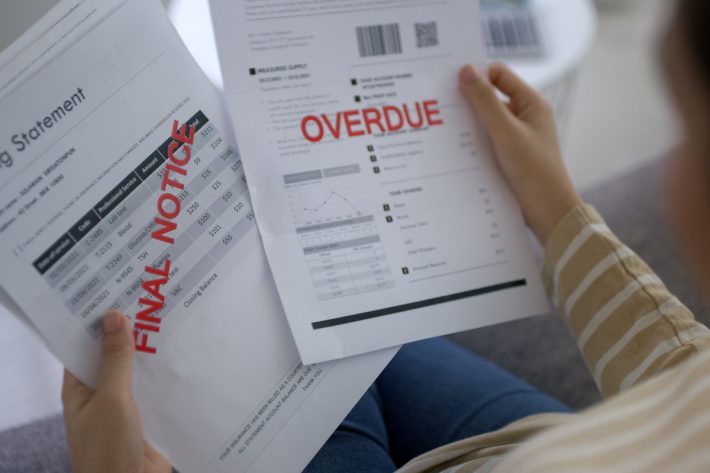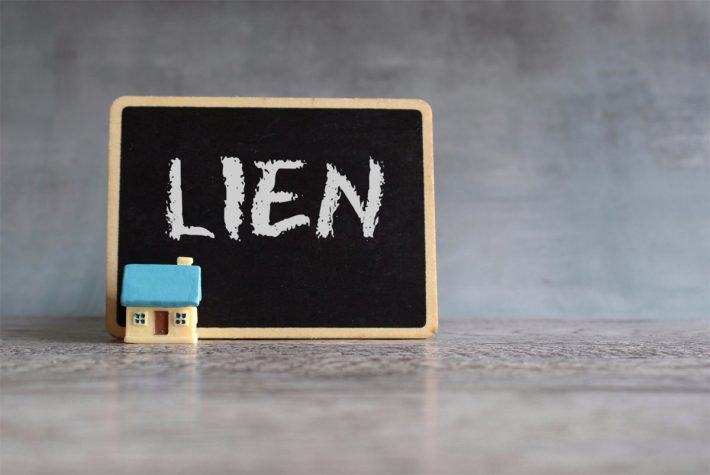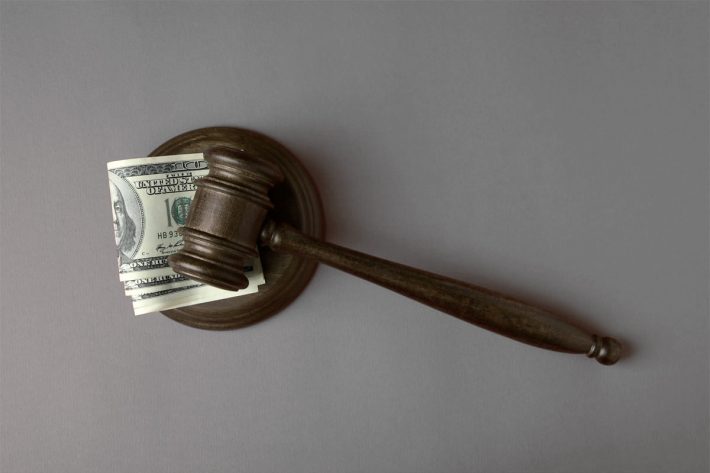What Is a Personal Injury Lien?
It’s vital to understand what liens are and in which way they can affect your personal injury settlement. As a matter of fact, liens play an important role in how much money you end up going home with. A lot of injured victims know that an attorney’s responsibility is to negotiate a fair settlement through…









